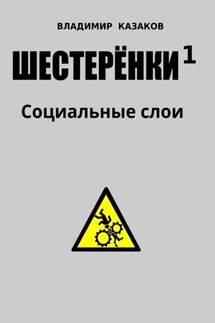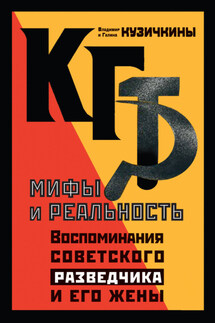Russia 2022 - страница 10
In Russia the regulation of banking, insurance and investment is carried out by Central Bank of Russia. Until September 1, 2013, The Federal Service for Financial Markets of the Russian Federation (FSFM) (formerly the Federal Commission for Securities and Stock Market) was the state agency responsible for the regulation of stock market and investment business.
Russian law as it stands at the moment regulates collective investment schemes organized in the form of a joint stock investment fund or in the form of a unit trust.
A joint stock investment fund is, generally speaking, a joint stock company whose exclusive activity is investments. The name of an investment company must contain the words “joint stock investment fund” or “investment fund”. A joint stock investment fund is regulated by general legislation on joint stock companies with amendments and exceptions applicable to the investment companies.
A joint stock investment fund must be licensed by the Central Bank. At the time of filing an application for the license the fund must have own capital in the amount aligning with the Central Bank Directives, of no less than RUR 5 million (approximately €54,000). The fund’s property used for its own purposes and assets to be invested must be accounted for separately. Investment assets must be held in trust by a management company. The management can be a limited liability or a joint stock company and it must be licensed by the Central Bank. The fund’s activity must comply with the investment mandate approved, normally, by the meeting of stockholders, and be registered with the Central Bank. This form of investment, however, is rather unpopular.
A unit trust does not comprise a legal entity. The participants of a unit trust pool their contributions into a property complex held in trust by a management company. The participants lose ownership over their contributions, and the trust’s property is owned jointly by all trust members. The management company acts in its name but it must make it known that it acts as a trustee, otherwise the participants will be personal liable.
Again a management company and the trustee of a unit trust, must be authorised by the Central Bank.
RUS-450
The Central Bank of the Russian Federation is the regulatory body for banking and it is authorised to issue and withdraw licenses to provide banking services. The main legal act is the federal law on banks and banking of December 2, 1990.
A bank can be incorporated in the form of a limited liability or a joint-stock company or in other forms established by company law. Banks are entitled to accept money from individuals or legal entities on deposits, operate these funds in its name and at its own expense, open accounts. Russian law provides different arrangements for the non-banking credit institutions that can provide certain banking operations.
Banking names
The name of a credit institution must contain the words “bank” or “non-banking credit institution”. The Central Bank may prohibit the use of a particular name if such name is already in the Book of State Registration of Credit Institutions.
A credit institution must publish its balance sheet quarterly; it must annually publish a profit and loss account, information about own capital and reserves, and annually a balance sheet and a profit and loss account together with the statement of an auditor who examined the bank’s accounts.



![Bo][ing Day истребить «колхозника»](/uploads/covers/fe/bo-ing-day-istrebit-kolhoznika.jpg)



